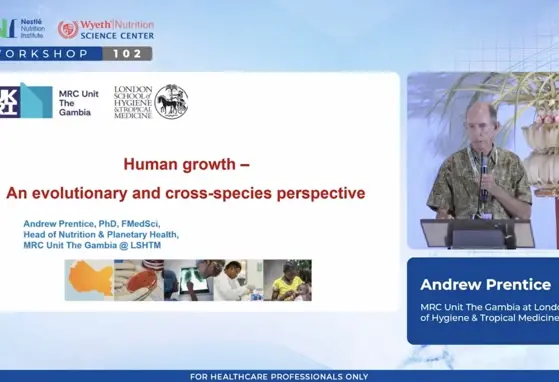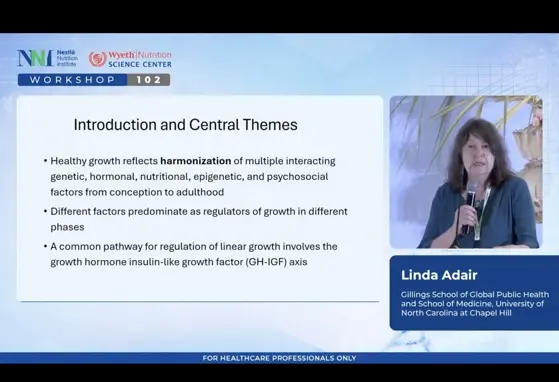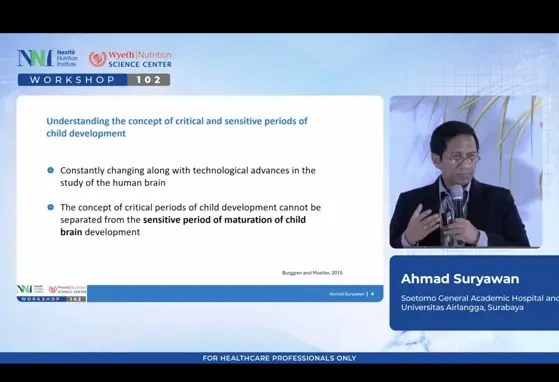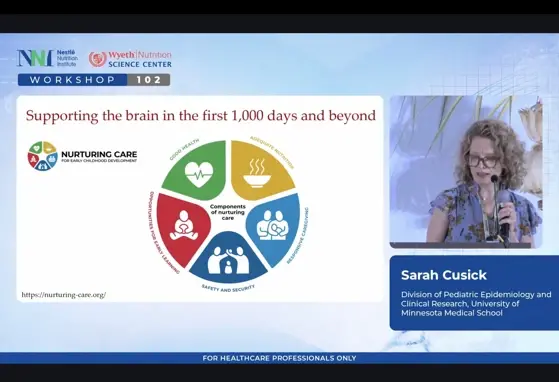Researchers find gut microbiome plays an important role in atherosclerosis

Researchers at Western University and Lawson Health Research Institute have shown a novel relationship between the intestinal microbiome and atherosclerosis, one of the major causes of heart attack and stroke. This was measured as the burden of plaque in the carotid arteries.
In order to understand the role that bacteria in the gut may play in atherosclerosis, the researchers examined blood levels of metabolic products of the intestinal microbiome. They studied a total of 316 people from three distinct groups of patients - those with about as much plaque as predicted by traditional risk factors, those who seem to be protected from atherosclerosis because they have high levels of traditional risk factors but normal arteries, and those with unexplained atherosclerosis who don't have any traditional risk factors but still have high levels of plaque burden.
"What we found was that patients with unexplained atherosclerosis had significantly higher blood levels of these toxic metabolites that are produced by the intestinal bacteria," said Dr. David Spence, professor at Western's Schulich School of Medicine & Dentistry and scientist at Robarts Research Institute. The researchers looked specifically at the metabolites TMAO, p-cresyl sulfate, p-cresyl glucuronide, and phenylacetylglutamine, and measured the build-up of plaque in the arteries using carotid ultrasound.
The study, published in the journal Atherosclerosis, noted that these differences could not be explained by diet or kidney function, pointing to a difference in the make-up of their intestinal bacteria.
"There is growing consensus in the microbiome field that function trumps taxonomy. In other words, bacterial communities are not defined so much by who is there, as by what they are doing and what products they are making," said Greg Gloor, PhD, professor at Schulich Medicine & Dentistry, scientist at Lawson and a co-author on the study.
The study indicates that the gut microbiome plays an important role in an individual's risk for atherosclerosis, opening the door for new treatment options for those patients with unexplained plaque build-up in the arteries.
"The finding, and studies we have performed since, present us with an opportunity to use probiotics to counter these compounds in the gut and reduce the risk of cardiovascular disease," said Gregor Reid, PhD, professor at Schulich Medicine & Dentistry, scientist at Lawson, and an expert in probiotics who contributed to the study. Spence adds that repopulation of the intestinal microbiome is another novel approach to treatment of atherosclerosis that arises from this study.
Chrysi Bogiatzi, Gregory Gloor, Emma Allen-Vercoe, Gregor Reid, Ruth G. Wong, Bradley L. Urquhart, Vincent Dinculescu, Kelsey N. Ruetz, Thomas J. Velenosi, Michael Pignanelli, J. David Spence, Metabolic products of the intestinal microbiome and extremes of atherosclerosis, Atherosclerosis, Volume 273, 2018, Pages 91-97,
Links : https://www.eurekalert.org/pub_releases/2018-05/uowo-rfg050218.php



